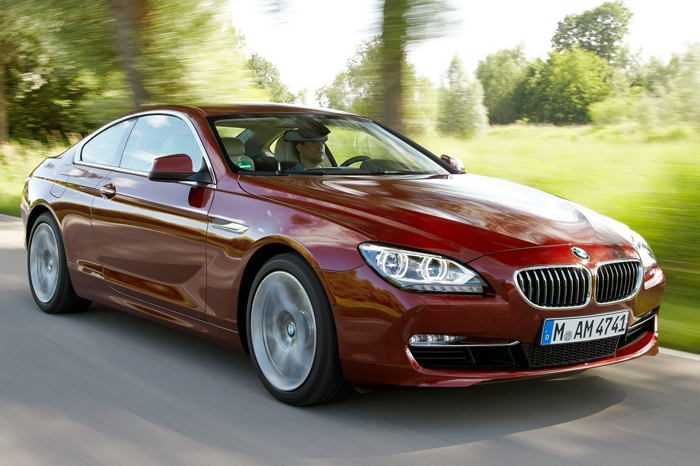BMW and Toyota have agreed to produce a new sports car in a joint venture as part of a wide-ranging collaboration that will also focus on fuel cell development, powertain electrification and research into lightweight technologies.
At BMW's Munich headquarters, Toyota boss Akio Toyoda and BMW chief Norbert Reithofer signed a memorandum of understanding pledging to expand their existing cooperation, which was forged in December 2011.
Now the companies will embark on a long-term link-up that will include joint development of architecture and components for a future sports car. Although Toyoda and Reithofer didn't elaborate on details of that aspect of the deal, the link-up could potentially pave the way for the revival of either the Toyota Supra or the smaller Celica.
The Supra, which was last built in 2002, could be based on the platform that underpins the BMW 6-series, while a Celica could be spun off from 3-series architecture.
Alternatively, a joint project along the lines of Toyota's tie-up with Subaru, which spawned the mechanically similar GT86 and BRZ sports coupés, could be explored. BMW, meanwhile, has occasionally been linked with the development of a new mid-engine supercar.
Given the focus of the collaboration, it seems likely that any sports car developed by the two companies would use hybrid or full electric power, which is an area of expertise for Toyota. It could also adopt BMW's cutting-edge lightweight technology, such as the carbonfibre reinforced polymer (CFRP) used in the new i3 and i8 vehicles.
“Toyota is strong in environment-friendly hybrids and fuel cells," said Toyoda. "I believe BMW’s strength is developing sports cars. They know how to make a car perform. I get so excited thinking about the cars that will result from this relationship.”
Under the existing link-up, BMW will supply diesel engines to Toyota from 2014 onwards, while the two companies will also develop lithium-ion battery technology.

































